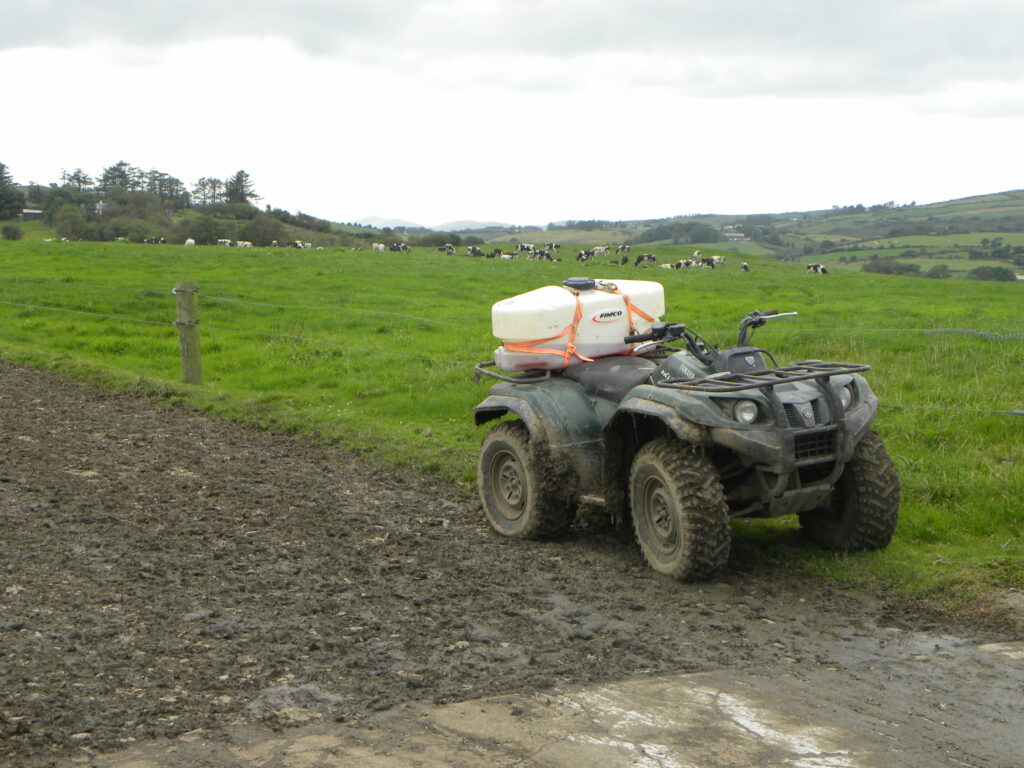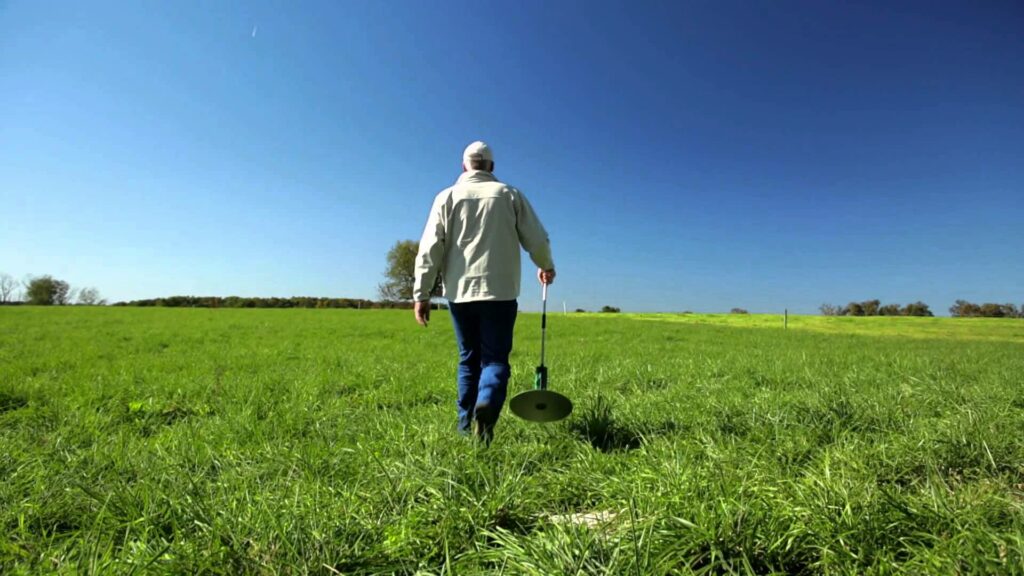Do you feel there’s a gap in your skill-set for running your farm? It could be a technical weakness, a shortcoming in business savvy or maybe you just need to hone your people-management techniques.
Whichever the case, a short training course for young (and sometimes not so young) farmers could be the answer to filling this knowledge gap.
In 2015, Macra na Feirme established the Macra na Feirme Young Farmer Skillnet programme, funded by Skillnets and the Department of Education and Skills.
This programme provides a range of relevant training and development for young farmers, with a sizeable discount for Macra na Feirme members. Non-Macra members can avail of training courses, though without the discount.
Skillnet courses can be done as stand-alone once-off courses to upskill and improve techniques, or can be completed as part of an overall award.
Master of Agri Skills
One aspect of Skillnet is the ‘Master of Agri Skills’ award for young farmers. This award for qualified farmers recognises people who complete a range of courses in all categories. Participants are awarded a certificate on completion of each category – based on earning credits – and the final award on completion of all four categories.
There are four key ‘Agri Skills’ categories: Business; Personal; Technical; and Safe Agri Skills.
Business covers modules including: cash-flow management; dairy directors programme; mart directors programme; land mobility options seminar; staff management and people skills; share milking course; and farm taxation seminar.
The Safe Agri Skills category gives a choice of: farm safety risk assessment; manual handling; emergency first aid; tractor safety / machinery maintenance; livestock handling; safe ATV use; and chainsaw for occasional users.
The Personal category offers: emergency first aid; communications course; young farmer development group (YFDG) member training; facilitation skills; media skills; negotiation skills; leadership for young professionals; people skills and management; and time management / planning.
Finally, and perhaps of most interest to ‘on-the-ground’ thinking farmers, the Technical courses include: young beef farmer programme; grass measurement; ARC/MIG/TIG welding; DIY artificial insemination (AI); ultrasound scanning; dairy operative skills; fencing; hoofcare trimming; soil fertility; and implement calibration.
Independence
Brigid Quigley, training network manager for Macra na Feirme Young Farmer Skillnet, commented on the programme, noting: “Young farmers tend to do formal education at a young age, to get paperwork stamped for schemes and grants. However, when they’re set up and actually farming they realise that there’s a skills gap.”
Quigley said that there are high numbers of farmers participating in hoofcare trimming and AI courses. “People like not having to rely on outside help and being able to independently do the jobs themselves,” she added.
The manager noted that there’s also a good uptake in grass measuring; while dairy farmers in particular are participating in people management and communication courses.
“Young farmers are not coming home to run family farms by themselves but instead are now employing two or three people; staff management skills are very important,” Quigley said adding “all people skills courses are very popular”.
Expanding
So far, Skillnet has been busy since its establishment in May 2015, with 1,500 people trained and over 300 training events held. This has amounted to over 5,000 training days for participants in total.
“The course framework is being drawn up following extensive consultation with stakeholders in the agricultural industry, such as umbrella bodies, Macra na Feirme members and banks. This is done to make sure that the organisers have the full picture and know exactly what people need,” Quigley said.
Some of the upcoming courses on offer in the coming weeks include: a hoofcare, lameness and mobility workshop, scheduled for January in Newcastlewest and Thurles; plus an emergency first aid and health course, taking place in Leitrim and Westmeath.
DIY AI and ultrasound scanning courses are also in the works for January, February and March, with dates yet to be confirmed. For those interested, further information – including course dates and booking information – is available on the Macra Skillnet website.



